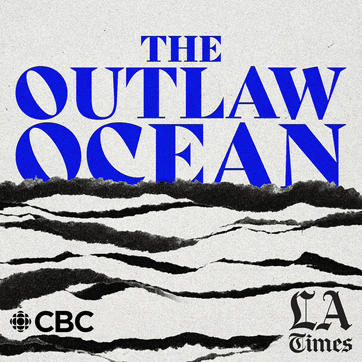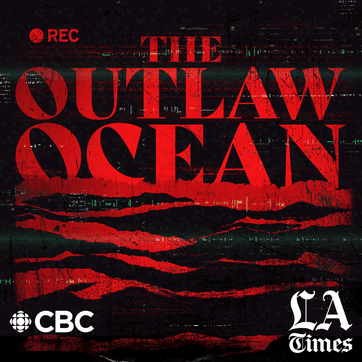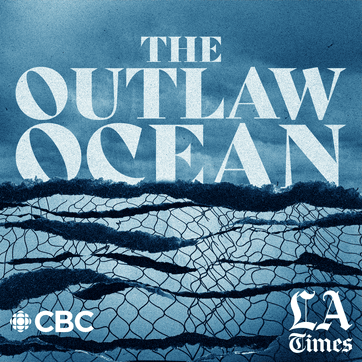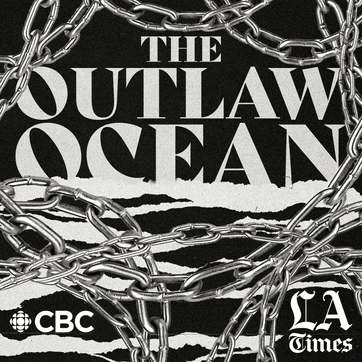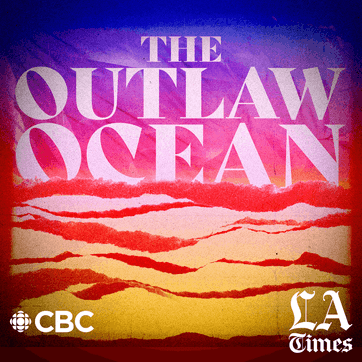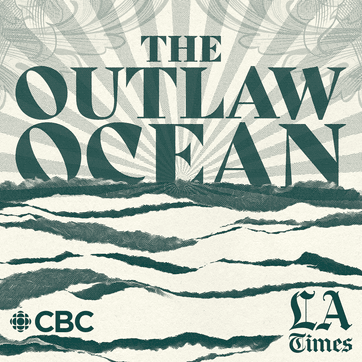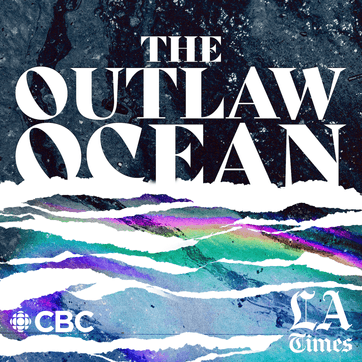There are few remaining frontiers on our planet. Perhaps the wildest, and least understood, are the world’s oceans. Too big to police, and under no clear international authority, these immense regions of treacherous water play host to rampant criminality and exploitation.
The Outlaw Ocean Podcast is a seven-part series that explores a gritty and lawless realm rarely seen, populated by traffickers and smugglers, pirates and mercenaries, wreck thieves and repo men, vigilante conservationists and elusive poachers, seabound abortion providers, clandestine oil dumpers, shackled slaves and cast-adrift stowaways.
Relying on more than eight years of reporting on all seven oceans and in more than three dozen countries, the podcast brings all of The Outlaw Ocean Project's journalism together as an immersive podcast series.

